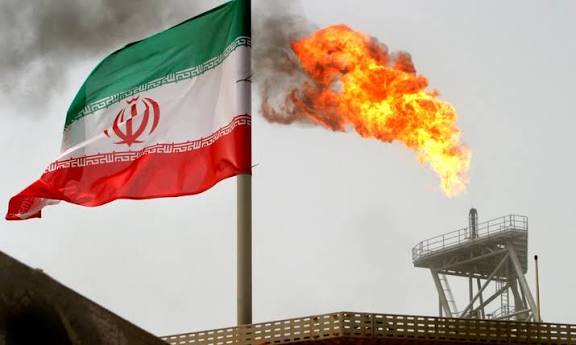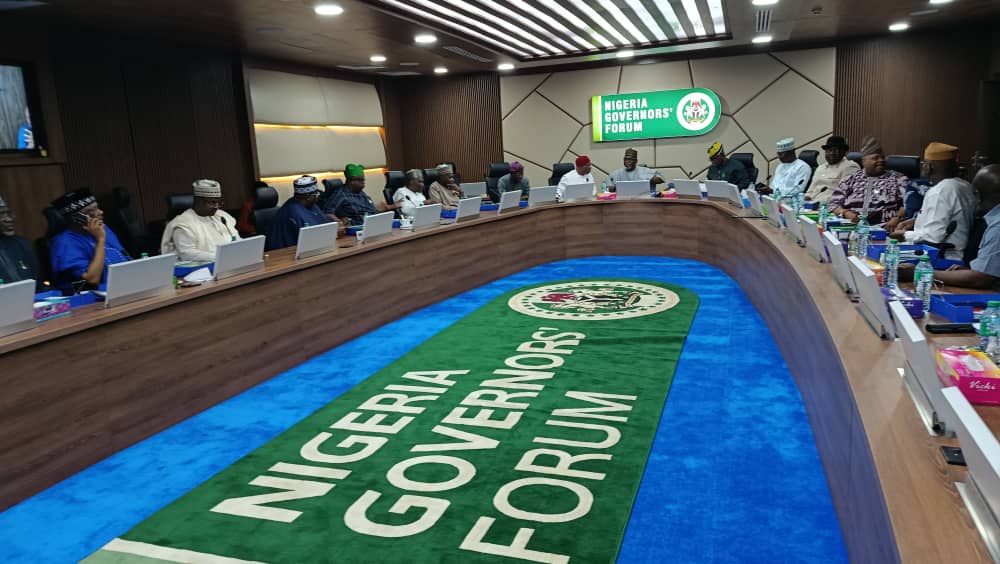Nigeria’s ongoing power issues are estimated to cost the economy $26 billion annually, according to the Africa Trade Barometer.
The report also indicated that businesses in Nigeria spend approximately $22 billion annually on off-grid fuel to mitigate the effects of unreliable electricity, significantly increasing operational costs.
It read “In Nigeria, surveyed businesses must contend with a national grid that frequently collapses as it fails to meet a daily peak demand which is nearly four times its generation capacity. Economic losses arising from Nigeria’s electricity shortages are estimated to be USD 26 billion annually, without accounting for spending on fuel for off-grid generators, which is estimated to be a further USD22 billion.”
The report identified electricity supply as a critical barrier to business operations in Nigeria and other African markets.
It emphasized that power outages disrupt production, compromise the quality of temperature-sensitive goods, interrupt water supplies, and impact telecommunications infrastructure essential for payment systems.
“Across the 10 African markets, power supply infrastructure remains the most severe obstacle to surveyed businesses’ operations. It is reported as one of the most poorly perceived infrastructural attributes as well as the one presenting the most severe obstacle to business operations.
“Blackouts cause a downtime of production, risk the quality of goods that require controlled environments, impact water supply, and affect telecommunications infrastructure which businesses may rely on for payments. The result is reduced sales and income,” it noted.
To tackle these challenges, the report stressed the importance of a diversified energy mix to lessen reliance on the national grid. It also called for policy interventions to stabilize electricity generation and attract investment in renewable energy solutions.
The Association of Power Generating Companies recently reported that the national grid has collapsed 162 times over the past 11 years.
Earlier this week, it experienced its eighth collapse of the year, with the first occurring on February 4. Following the removal of electricity subsidies for Band A customers, Minister of Power Adebayo Adelabu announced that the government saved about N1.4 trillion annually.
However, the power sector still grapples with significant challenges, including underinvestment, outdated infrastructure, and liquidity constraints that hinder Distribution Companies from efficiently meeting growing consumer demand.








